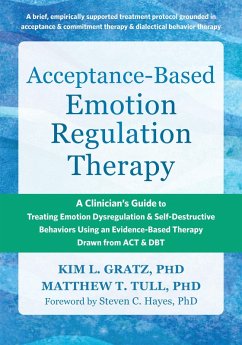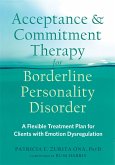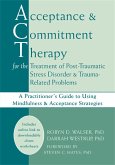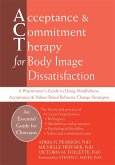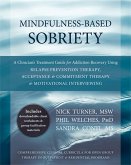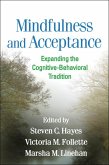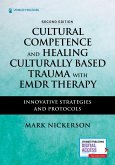Originally developed for treating self-injury among women with borderline personality disorder, research now shows that acceptance-based emotion regulation therapy is powerfully effective in treating all components of emotion dysregulation and related psychiatric symptoms in a wide range of clients. Grounded in evidence-based acceptance and commitment therapy (ACT) and dialectical behavior therapy (DBT), this professional guide offers clinicians an array of techniques and tools they can use to improve client treatment outcomes and prevent relapse.
Hinweis: Dieser Artikel kann nur an eine deutsche Lieferadresse ausgeliefert werden.
Hinweis: Dieser Artikel kann nur an eine deutsche Lieferadresse ausgeliefert werden.

